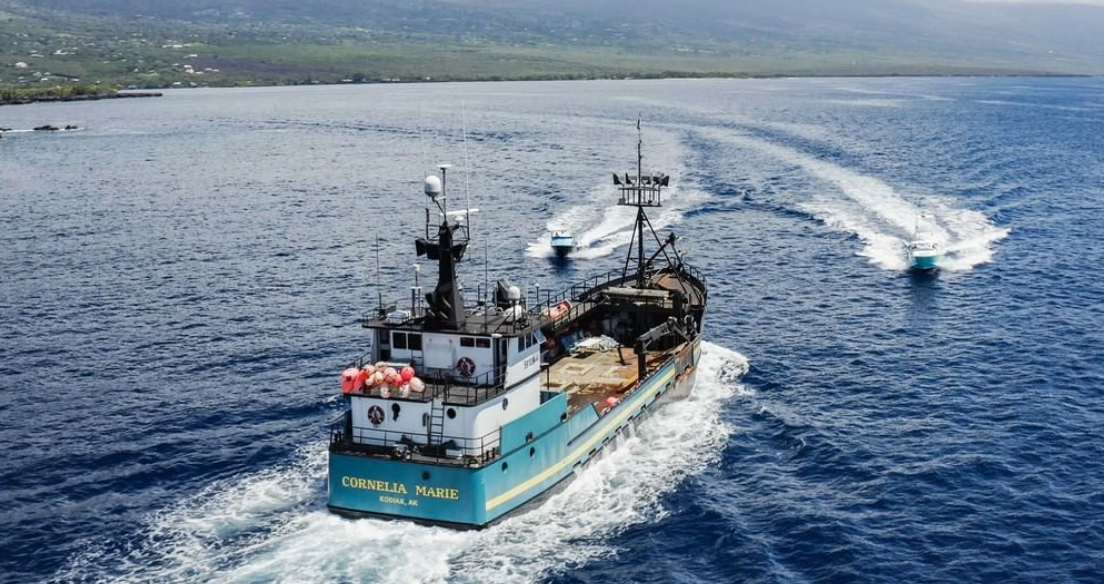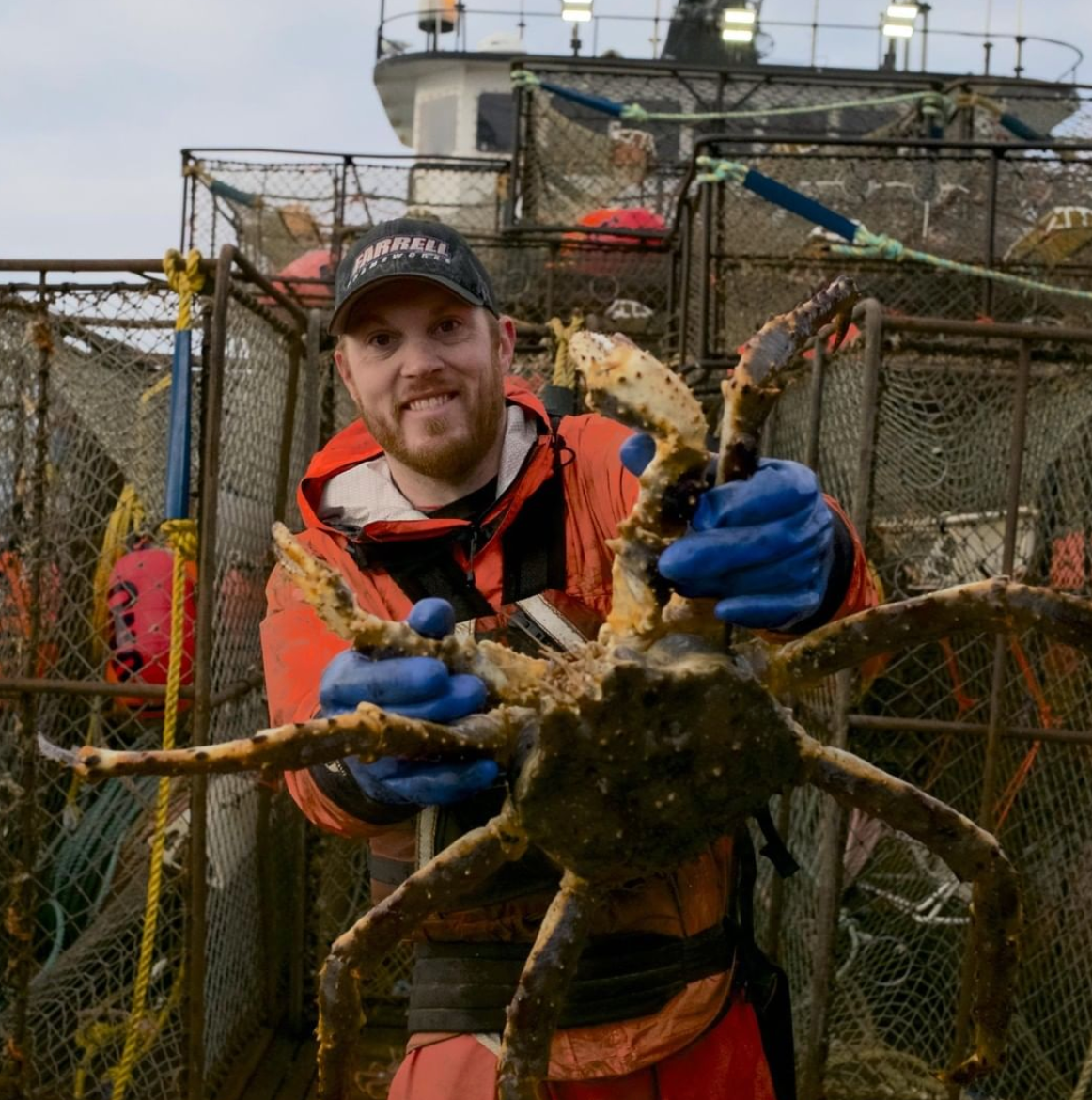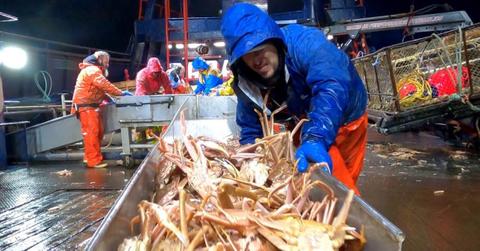'Deadliest Catch' Deckhands Can Earn a Pretty Penny, but There's a Catch
Updated June 14 2023, 11:06 a.m. ET
There's definitely money to be made in crab fishing, and even more money to be made if you star in a popular show about crab fishing. Fans of Deadliest Catch may be curious about how much money the show's crew earns — specifically, how much the deckhands on Deadliest Catch make.
Since it's an incredibly dangerous job (there are around 300 deaths per year out of 100,000 fishermen, with individuals unfortunately drowning or catching hypothermia at sea in such harsh climates), it shouldn't come as a surprise that people are generally well-compensated for risking their lives. Well, sort of. Here's a look at how much Deadliest Catch deckhands make and you decide if it seems adequate given the nature of the job.

How much do 'Deadliest Catch' deckhands make? You'll be surprised.
Gary and Kenny Ripka revealed in a 2016 interview that Deadliest Catch deckhands can make around $150,000 to $170,000. However, crab fishers don't really get paid a salary, they get paid based on their catch. And since crab fishing is seasonal (three months), it's not the most steady money.

“For crab seasons, deckhands can typically make anywhere from $15,000 to $50,000 for a couple months of work,” Kenny said. Gary also added, “My guys this year [2016], I think for 6 weeks ... they made $30,000.” Considering how times have changed, we suspect deckhands might be earning a bit more with things like inflation and rising labor costs impacting the market.
Another source comes from the Alaska Bering Sea Crabbers trade association. A spokesperson stated, “The information we have on crabbers’ income is anecdotal, but crewmen we surveyed said they’re making about $100,000 a year and captains twice that. That’s a lot more than a few years ago.”
The Alaska Department of Labor and Workforce Development stated, “Wages are often based on a share or percentage of harvest earnings. Newcomer deckhand earnings range from 1.5 percent to 10 percent of the adjusted gross catch, depending on location and type of fishery and the skills the worker possesses." And it's also situational: some crab fishers can make $50 to $100 a day as a flat rate if they want to play it safe.
It's also important to note that there are a lot of costs that go along with crabbing. You need to get a commercial fishing license, which costs about $60 if you're a resident and $252 for a non-resident. You also need to buy supplies, like sleeping bags as well as appropriate clothes and shoes, which can cost $400 or more.
What does the average crab fisher's salary look like?
According to Indeed, crab fishers earn an average salary of $14.65 per hour and receive roughly $5,000 a year in overtime. When comparing those figures to what Deadliest Catch deckhands make, some may not be as enticed to seek out this particular role.
As expected, a profession like crab fishing is certainly no walk in the park. But if you watch the Deadliest Catch, then you already knew that.
Watch new episodes of Deadliest Catch every Tuesday at 8 p.m. EST on Discovery Channel.
